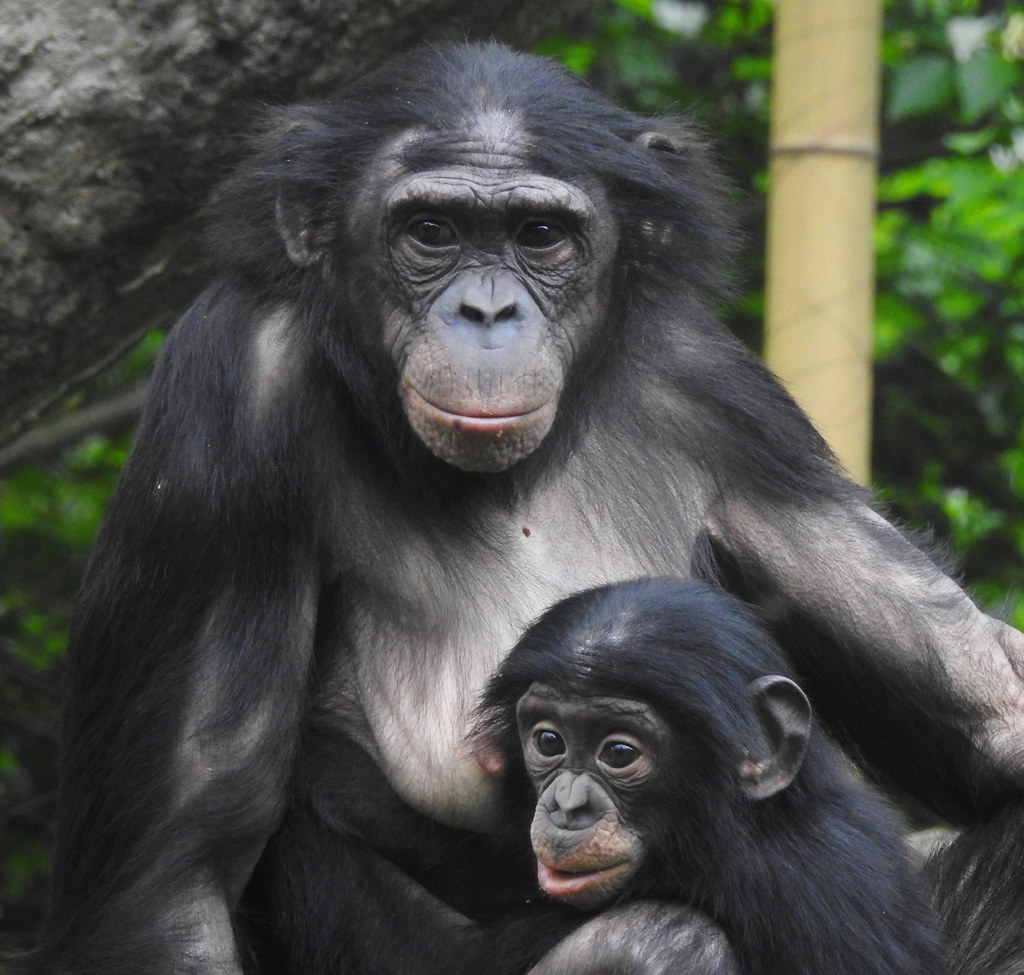There has been much hesitation about insect based meats. For millennia in the west we have not eaten insects and so for us the idea is repulsive.
How about feeding the cows the insects? The efficiency of this is lower than if we were to eat the insects ourselves, but a study by the WWF has found that this move would reduce the Soya imports that the uk needs by a fifth by 2050.
In 2019 1 million tonnes of Soya were used, which are thought likely linked to deforestation.
Now this change will need legislation, as currently it is not legal to include insect protein for pigs and poultry. A rapid move by the government could mean that the UK leads the world in this move.
Tesco (a leading supermarket in the UK) worked on this report with WWF and has already put its money where its mouth is by supplying seed money to Entocycle among other similar moves.
We could easily have insect farms in the UK, so this could end up cutting cattle feed carbon footprint by roughly 20%.
Farms need to cut their footprint as well as the rest of the economy in the UK, it is possible that meat without the animal is coming soon, however in the meantime this would allow farms to make their own cuts in line with the rest of the country.















